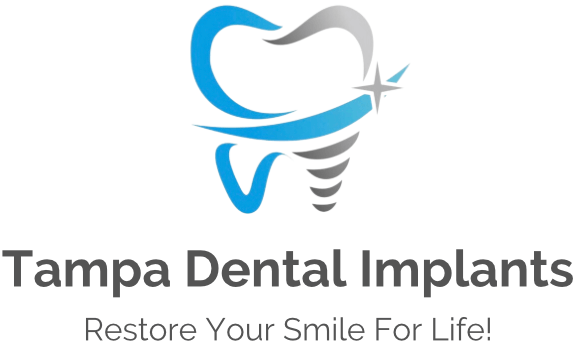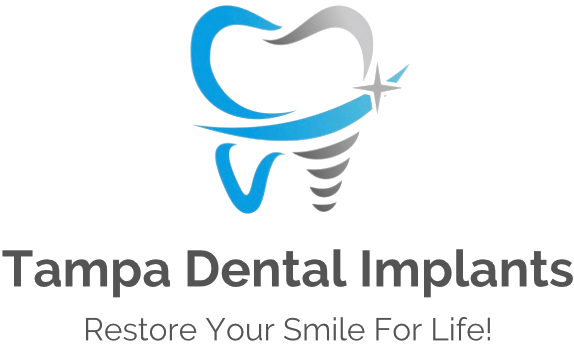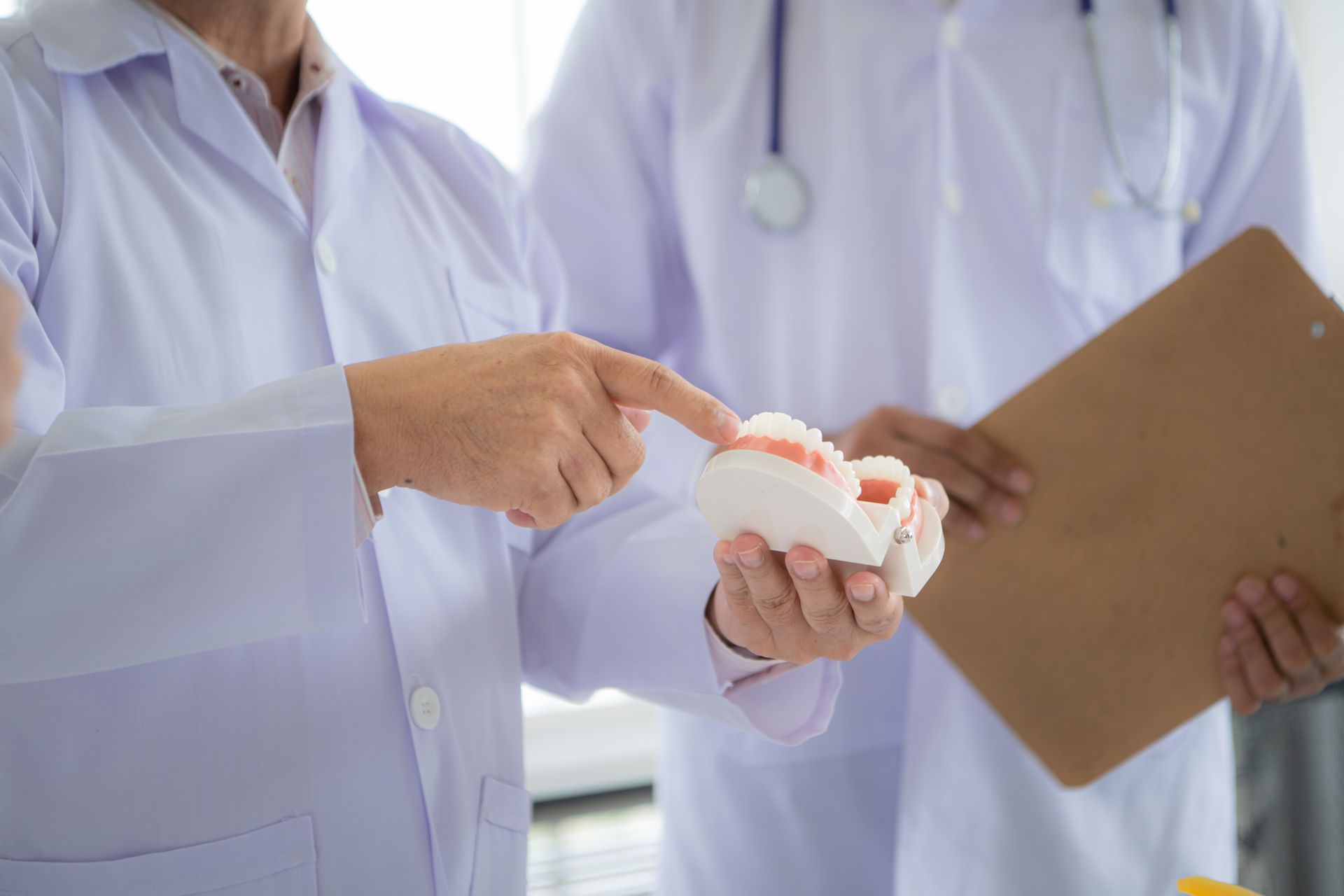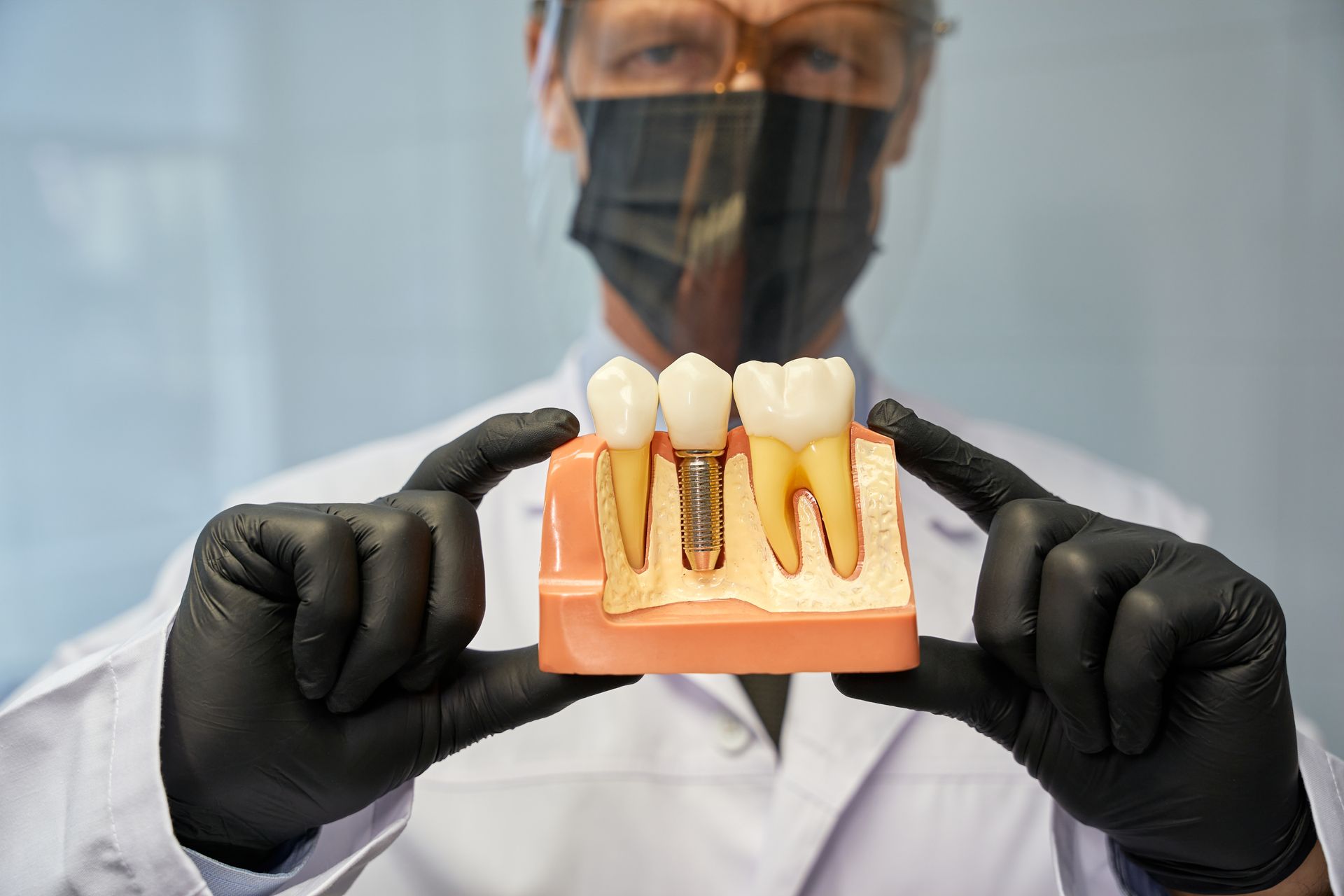Can a Dentist Pull All Your Teeth at Once? What You Need to Know

Quick answer: Yes, a dentist or oral surgeon can remove all your teeth in one visit if it’s safe for your health and properly planned. Many people choose this when teeth are badly damaged, infected, or loose from gum disease, and when they need dentures right away.
This guide is written by the team at Tampa Dental Implant—experienced dental professionals with years of hands-on work in full-mouth extractions, immediate dentures, and implant care—so you can trust the steps and tips we share.
When Removing All Teeth Makes Sense
- Severe decay or infection across many teeth
- Advanced gum disease with bone loss
- Broken or non-restorable teeth after injury
- Preparing for
dentures or
implant-supported dentures
Your dentist will review your health, medicines, and X-rays to decide if a single visit or a staged plan is better.

How Many Teeth Can Be Pulled at Once? What Decides
- Your overall health:
heart, lungs, diabetes, blood thinners
- Type of removal: some teeth come out easily; others are more complex
- Tooth location: front teeth vs. molars, impacted teeth
- Comfort plan: numbing, laughing gas, or IV medicine
- Who treats you: general dentist vs. oral surgeon for extractions
Simple vs. Complex Tooth Removal (What to Expect)
- Simple removal: tooth is loose enough to lift out with gentle movement
- Complex removal: may need small cuts or sectioning; takes longer and may be split over two visits
Your dentist will choose the safest, least stressful route for you.
Numbing and Relaxation Options
- Local numbing shots so you don’t feel pain
- Laughing gas (nitrous oxide) to take the edge off
- Oral pills to help you relax
- IV sedation for multiple tooth extractions when anxiety is high or many teeth are removed
These choices help you stay calm and comfortable from start to finish.
Same-Day Tooth Removal with Immediate Dentures
You can often leave with immediate dentures the same day. Here’s how it works:
- Impressions or scans are taken
before your visit.
- Right after the teeth come out, the dentist places the
immediate denture.
- It acts like a bandage, protects your gums, and lets you smile right away.
Trade-offs: your gums and bone will shrink as they heal, so the denture will get loose. Expect adjustments for sore spots and reline visits. Months later, you’ll switch to your final denture or consider dental implants after extractions for more stability.
From First Visit to Procedure Day
- Consultation: medical review, photos, and X-rays
- Planning: choose denture or implant path, pick a shade for your teeth
- Fabrication: lab makes your immediate denture
- Procedure day: numbing/sedation, extractions, denture placed, care instructions
Recovery Timeline & Healing Steps
Multiple teeth extraction recovery time depends on your health and how many teeth were removed, but this is a common path:
- First 24–72 hours: swelling peaks day 2–3; small bleeding is normal. Rest, ice packs, head elevated. Take medicines as directed.
- Days 4–7: swelling fades; bruising may show. Start gentle salt-water rinses if allowed. Stick to
soft foods after tooth extraction like yogurt, eggs, soups, and smoothies.
- Weeks 2–4: gums keep healing; denture adjustments for hot spots; talking and eating get easier.
- 1–3 months: gums and bone change shape; relines help fit.
- 3–6+ months: consider your final dentures or begin implant steps if that’s your plan.
Aftercare Essentials
- Bleeding control:
bite on gauze; replace as needed
- Dry socket prevention: don’t smoke or use straws; don’t poke the area
- Clening: keep the denture and your mouth clean per your dentist’s steps
- Rinses: gentle salt-water (if approved) after meals
- Diet: cool, soft foods first; add more textures as comfort improves
Call your dentist if bleeding won’t stop, pain spikes, or you have fever or foul taste.
Risks and How Dentists Lower Them
- Infection, dry socket, or long bleeding: reduced by good planning and clear aftercare
- Swelling and bruising: common; ice and medicine help
- Denture sore spots: normal early on; quick in-office fixes relieve them
Follow-up visits make a big difference in comfort and healing.
Your Tooth Replacement Options
- Immediate dentures now,
final dentures later
- Implant-supported dentures (often called All-on-X): more stable, feel closer to natural teeth
- Traditional dentures without implants: most affordable, may be less stable
Your dentist will help you balance stability, budget, and timeline.
Who Is a Good Candidate—and How to Prepare
You may be a good fit if many teeth are failing and you want a fresh start with dentures or implants. Before your visit:
- Arrange a ride if you choose sedation
- Stock up on soft foods and ice packs
- Plan a light schedule for a few days
Bring your questions—this plan is personal and should fit your goals.
Can a dentist pull all your teeth at once? With the right plan, health checks, and a comfort strategy, yes—safely. You can often leave with immediate dentures the same day and heal on a clear timeline. If you’re thinking about this step, a consultation will map out your options, your comfort plan, and the best path to your new smile. Ready to talk through your options? Book a consultation with Tampa Dental Implant or call us today to see if a one-visit plan with same-day dentures is right for you.






